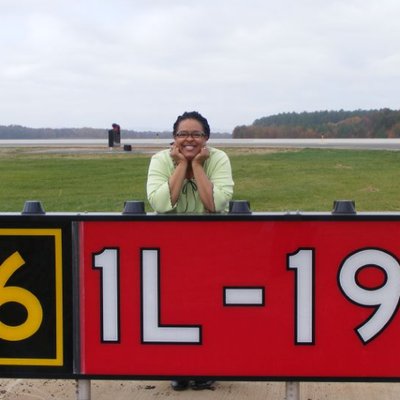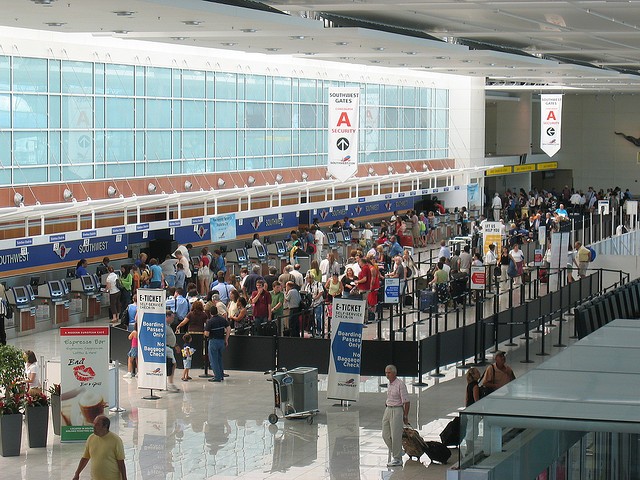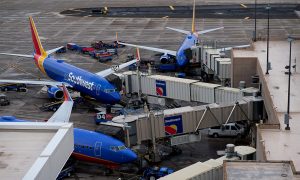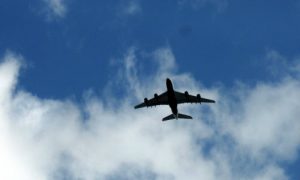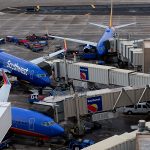This Monday is Columbus Day, and many people are starting to think about making their travel plans for the holidays. But one holiday poses trouble for many travelers.
When it comes to airline flights, Thanksgiving is a special time for carriers. It is by far the most concentrated flight time of the year, bar none. Travelers traditionally have wanted to fly to their destination on Wednesday and return home on Sunday.
But in more recent times, the Thanksgiving period runs from the Friday before Thanksgiving to the Tuesday after.
With such a high concentration of people flying in a compressed time, it’s inevitable that something will go wrong and passengers are more likely to be bumped on overbooked flights. Most airlines (JetBlue and Virgin America being exceptions) always overbook flights to make up for travelers who tend not to show up at departure time. Most times everything balances, but that gets much trickier during the Thanksgiving travel season.
According to the U.S. Department of Transportation (DOT), when an airline is overbooked, they are required to ask for volunteers to give up seats first, usually for future flight vouchers and rebooking on a later flight. But if not enough passengers volunteer, then airlines can bump people involuntarily.
But the rules change for those bumped involuntarily, and most people don’t understand their rights. Here are some basics.
- DOT requires airlines to give all passengers a written statement describing their rights and explaining how the carrier decides who gets on an oversold flight and who doesn’t. You are much more likely to be bumped if you paid a low fare for your flight, check in under the 30-minute check-in rule or didn’t book a seat in advance.
- Once that happens, airlines are supposed to give bumped passengers compensation in check or cash — not vouchers — and that amount depends on how much the ticket cost and how long it is until the next flight. If you’re rebooked to your destination within an hour, then you are not compensation.
- If you arrive between one and two hours after your original time (one and four for international flights), airlines must pay 200 percent of the value of your one-way ticket, with a $650 cap. If it’s more than two hours (four hours international) or if the airline doesn’t offer substitute travel, the compensation jumps to 400 percent, with a $1300 cap.
- For those holding a frequent-flyer award ticket or one issued by a consolidator, passengers will get the lowest payment charged for a ticket in the same class of service on that flight. And bumped travelers can keep their original ticket and use it on a future flight.
Resources
Every year, AAA offer travel tips and does a Thanksgiving travel forecast that’s full of interesting statistics. FlightView allows travelers to track their flights and get alerts, along with offering its own numbers on Thanksgiving travel. Finally, check out travel data and statistics from Airlines for America, the trade group for the largest U.S. carriers.
U.S. Department of Transportation’s Fly Rights
DOT Air Travel Consumer Report
Bureau of Transportation Statistics’ Airline On-Time Statistics


